How’s it going Train Loco readers! Today we have an awesome guest blog by Dr. Spencer Nadolski, a practicing physician and the Director of Examine.com. We asked Spencer to contribute a piece regarding the ever so popular preworkouts. There’s a lot of misleading information on preworkouts and these products are very popular and getting even bigger in this day and age. So we wanted an expert’s advice on this topic and we wanted to educate our readers whether preworkouts are legitimate or not.
Enjoy!
-Eric and Chris
A preworkout is a supplement designed to be taken around 15 to 45 minutes before your workout, in order to make your workout more enjoyable and productive. Historically, preworkout supplements have been mixtures of stimulants and sugars, the labels of which are covered with the words ‘anabolic’ and ‘pump’.
In theory, a preworkout is a great tool. In practice, the first few generations of preworkouts were not very effective, since they were designed around a temporary ‘pump’ and a stimulant rush, instead of focusing on the workout itself.
What is normally included in a preworkout?
There are a few classes of molecules included in a preworkout. These include:
Stimulants, usually based on caffeine or phenethylamines, since 1,3-DMAA was banned and ephedrine cannot be used. Stimulants are designed to increase power output and alertness, but are also responsible for many side-effects of preworkout supplements.
Mood enhancers are compounds that either increase euphoria or reduce anxiety and apprehension. These won’t make you jacked, unless you enjoy your workouts so much that you start hitting the gym six times a week.
Nitric oxide boosters are a popular component of preworkout supplements due to their ability to enhance blood flow and promote the infamous ‘pump’. Typically, preworkout supplements do not contain effective nitric oxide boosters. Unreliable staples like L-arginine and L-citrulline are slowly being replaced with new variants like nitrates from beetroot, and agmatine. Even if a label claims the preworkout within will “enhance nutrient delivery,” blood flow enhancers in an athlete will not speed up or improve nutrient delivery.
Creatine and sugars are often found in a preworkout because both are cheap and proven ergogenic aids. Creatine, regardless of timing, is known to enhance protein synthesis and power output when taken daily. Sugars, usually glucose or maltodextrin, before a workout can improve physical performance and recovery rates.
So should I get a preworkout?
Preworkouts, while beneficial in theory, do have a few issues that prevent most scientific bodies from recommending them.
Preworkouts will always contain compounds that have been shown to be beneficial to people, but these compounds might be nestled among a cocktail of experimental supplements, many of which are not actually effective. Overhyped supplements are eventually replaced with yet another experimental supplement. Sometimes the amount of each supplement isn’t even listed on the packaging, making it impossible to tell if new ingredients are marketing hype or are present in actually useful doses. As a category, preworkouts are second only to sexual enhancers in the number of issues with offlabel or unauthorized stimulants and euphoric agents.
Preworkouts that have stood the test of time and market are usually effective. For this reason, deciding whether to buy a preworkout shouldn’t be based on the efficacy of the supplement, but assessed from a safety perspective. Are you willing to try a supplement that might have experimental or offlabel components?
If you are willing to take the risk, are educated enough to assess the supplement you’re using, and cautious enough to avoid stimulant abuse, then go right ahead and get your favorite preworkout. If you’d rather not use experimental supplements, it may be best to buy the ingredients you do trust and make your own blend at home.
“Supplementation should not be done for the sake of it – you should do it in a targeted manner, not because your friend takes it. If you ever want to know more, visit Examine.com to learn more about which supplements work.”
About Spencer Nadolski:
Dr. Spencer Nadolsky is a practicing physician in Virginia, and is the Director of Examine.com, the largest independent and neutral website for information on supplementation.
Visit his Examine.com
Follow Spencer on Twitter

